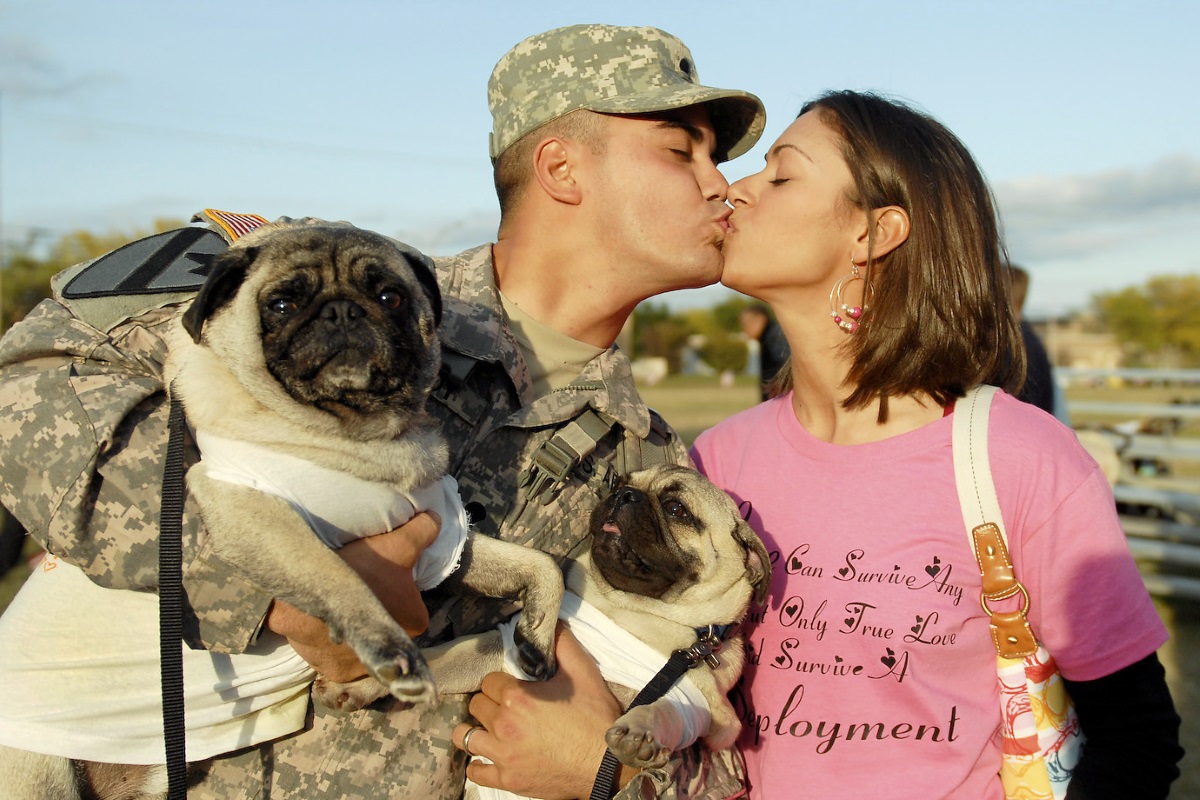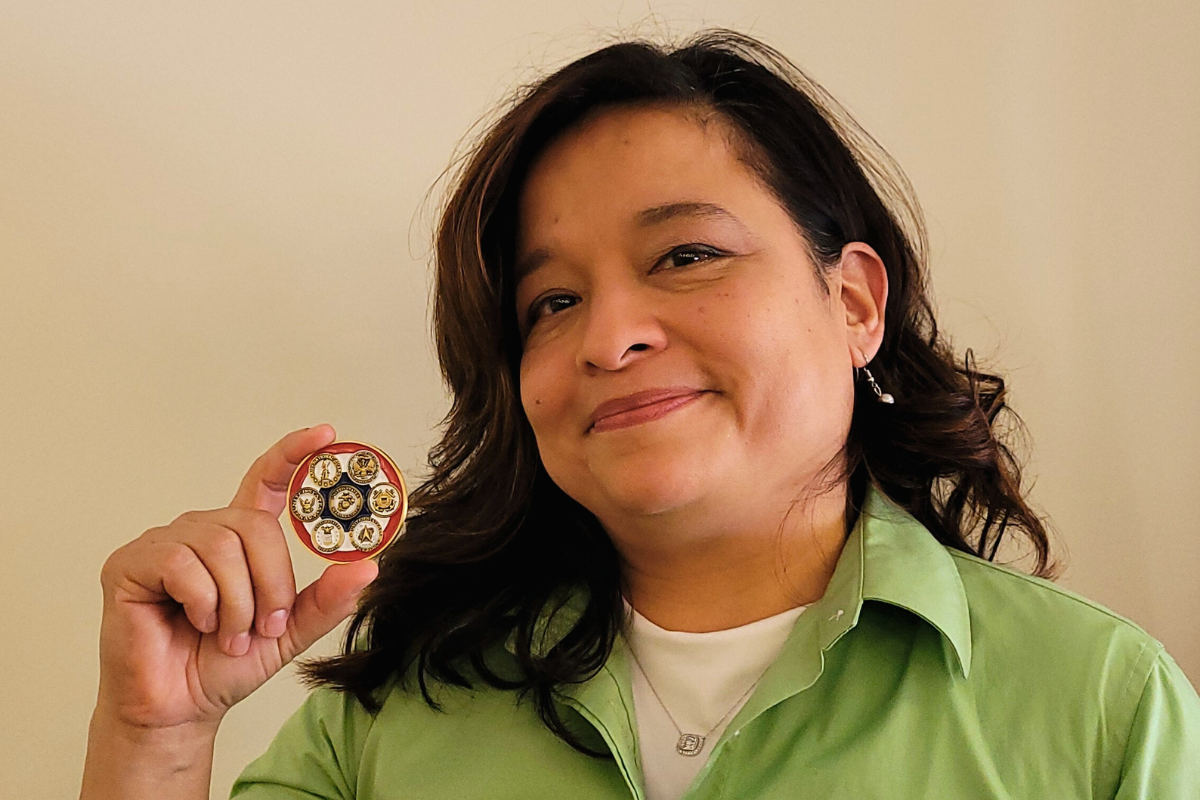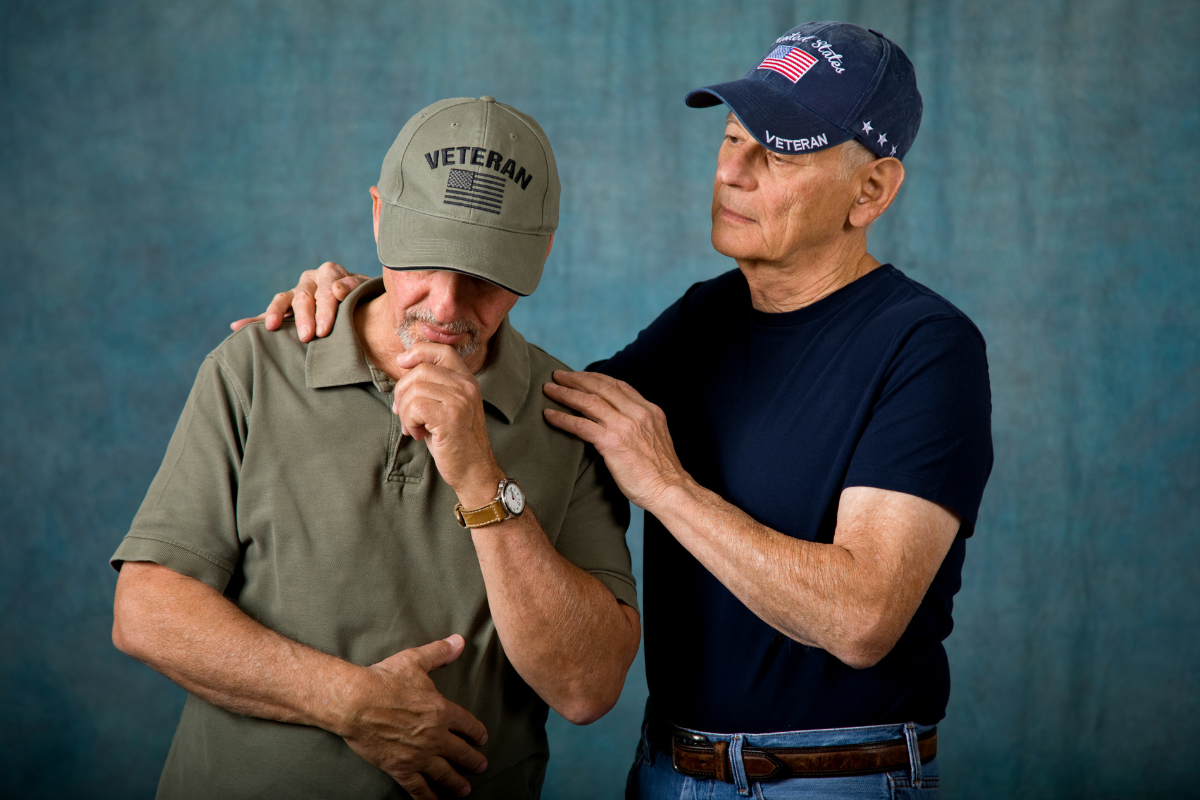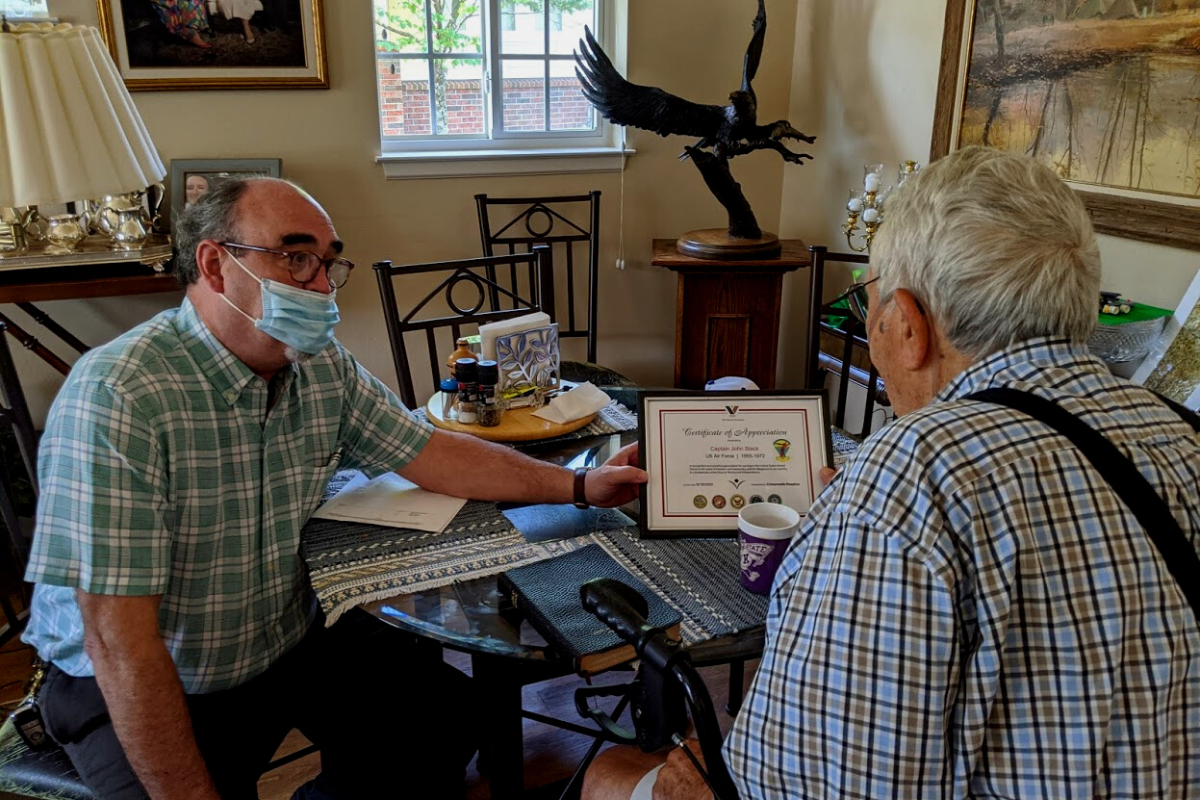Truths of Veteran Care: What to Expect and How to Help

Often times loved ones of American service members may find themselves asking, “What more can I do for my Veteran?” To answer this, we might assume what they want is added family gatherings, exciting activities, their favorite meals, gifts, or other simple ways of saying “thanks.” While these, at times, are an excellent way to make your Veteran feel appreciated and more at home, another family gathering isn't always exactly what your Veteran needs.
What Veterans do need is proper care. Without the right care, more problems and complications can arise, or happen more frequently. These untreated problems can negatively impact both the mental and physical health of a Veteran. When left untreated, these problems can have severe consequences resulting in depression, anxiety, and even suicide. Knowing what problems Veterans face is the first step to finding the right care.
Social Withdrawal and Isolation
It’s very common for Veterans to spend a significant amount of time alone once they return home. They might believe no one can understand them or what they’ve experienced during their service – not even close family members and friends. As a result, they isolate themselves from people and activities they once enjoyed.
Giving Veterans time to settle in and become accustomed to home life is critical, but too much time alone may lead to unintended consequences. After prolonged time alone, Veterans can eventually be uncomfortable with basic human interactions. Loneliness, relationship problems, trouble sleeping, and substance abuse can also occur.
If you think your Veteran is excessively isolating themselves, try talking to them and working to address why they feel the need to be alone. You can also connect them with local Veterans’ groups, where your Veteran has the chance to interact with individuals with shared experiences.
Post-Traumatic Stress Disorder
Another common problem faced by Veterans is post-traumatic stress disorder (PTSD). PTSD can develop following a traumatic or life-threatening event. We might think PTSD only occurs in Veterans who have seen and fought in combat, but this is not the case. Veterans who have experienced any traumatic incident can develop PTSD. PTSD can occur whether a person witnessed combat, was involved in an accident or collision, or was a victim or witness to sexual assault.
PTSD should be treated by certified and experienced doctors or counselors. Effective methods of PTSD treatment vary from patient to patient, but is done with psychotherapy or medication—depending on the severity of the case. By discussing treatment options with your healthcare provider, you can find which option is best for your Veteran.
Substance abuse
Unfortunately, Veterans who suffer from PTSD are at greater risk for developing a substance use disorder (SUD). More than 2 in 10 Veterans with PTSD have a SUD. In an attempt to relieve untreated mental and physical troubles, Veterans sometimes self-medicate – using drugs and alcohol.
Prescription drug abuse has been on the rise for American citizens as a whole over recent years, with more than 15 million people abuse prescription drugs in the US along in 2015. A part of the reason why it is so rampant is because of how accessible these prescriptions have become. And as many Veterans return home with injuries requiring powerful narcotic pain medications, it can leave them at even greater risk.
Misusing drugs and alcohol to find relief is always a slippery slope — especially for Veterans who think there’s no other option. PTSD, depression, loneliness, insomnia, and anxiety can all lead to SUD, which is why treating these issues first is an essential step in SUD prevention.
What can you do?
The first thing you can do is talk with your Veteran. Though it may be difficult to break through the ‘tough marine’ exterior, is important to do so regarding health concerns and issues. Talking is the only way you can begin to help find the appropriate treatment for Veterans. Some tips to help you communicate and care for your Veteran include asking sensitive questions, letting them cry or be angry, celebrating them as an individual and more.
Another way to help your Veteran is to prepare for the future. As Veterans approach the end of life, physical, mental and spiritual problems from wartime can arise or even worsen. At Crossroads Hospice & Palliative Care, we can treat each patient based on their varied experiences in service and possible resulting health complications.
Crossroads’ unique Veteran care plan includes secondary diagnosis of PTSD, Vet-to-Vet volunteering, our Veteran Recognition program and support to families. It is not only important to care for our Veteran patients, but their entire families as well. Crossroads helps families connect with multiple community resources they might not even know they are eligible for and our emotional support team will be there to help every step of the way.
Learn more here about the unique Veteran care plan at Crossroads or give us a call at 1-888-564-3405.
If you found this information helpful, please share it with your network and community.
Copyright © 2017 Crossroads Hospice & Palliative Care. All rights reserved.




